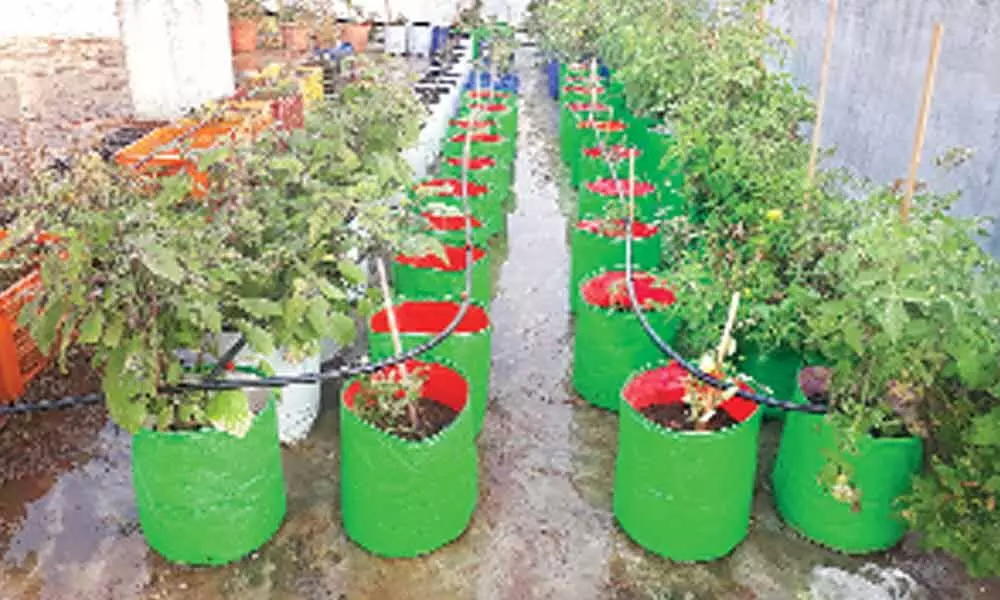Live
- Winter Makeup Tips for Brides to Shine on Their Special Day
- ‘Mad Square’ drops chartbuster single; fans in frenzy
- District Collector Adarsh Surabhi visited the paddy purchase center on a surprise visit
- Mangaluru Airport Breaks Records, Wins Multiple Awards in 2024
- Salman Khan returns with high-octane action in ‘Sikandar’ teaser
- BJP wants to halt Delhi welfare schemes, alleges Kejriwal
- Atkinson, Mendis, Ayub, Joseph named ICC Men’s Emerging Cricketer of the Year nominees
- Wanaparthy collector directs doctors to be available all time
- Parbhani custodial death: Prakash Ambedkar demands solatium, survey of victims of police brutality
- Indiramma illu survey should be completed in time, collector









